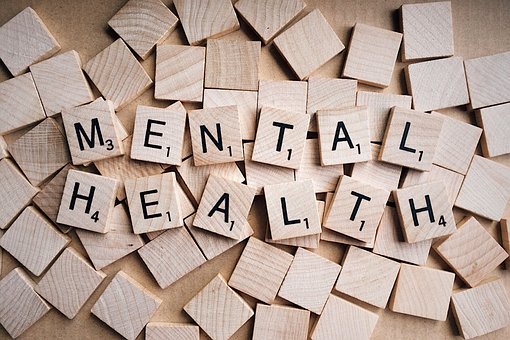The psychological impact of the COVID-19 pandemic is enormous to say the least. As blogged previously, many changes in our lives during this time can make it harder than usual to manage weight, with one of these factors being the profound emotional struggles that we face during this time. A recent Canadian article provides an excellent overview of the mental health issues that are important to recognize in people who struggle with weight, as well as advice to health care providers as to how to help people address these issues.
As some background about mental health consequences of pandemics, Sockalingham and colleagues point out some lessons learned from the previous SARS epidemic in 2003. In people who had SARS and survived, 35% had moderate to severe depression a month later, and two thirds could still have high levels of distress a year later.
In the current COVID-19 times, a recent survey in China showed that over half of people had moderate to severe psychological distress during the pandemic. The authors point out also that:
- self isolation and quarantine can lead to post traumatic stress disorder and/or depression, financial difficulties, and a sense of isolation, limited access to food
- access to medical care may be limited by travel restrictions
- for patients being followed in a bariatric clinic, 70% have some history of psychiatric illness at some point in their lives, which could be made worse by COVID related stress
They go on to discuss that elevated levels of distress during COVID-19 could lead to:
- emotional eating
- worsening of binge eating
- less weight loss after bariatric surgery
- weight regain after successful weight loss treatment
The authors suggest several strategies that health care providers can use to help people manage during this sifficult time including:
- education and information sharing
- psychological interventions such as cognitive behavioral therapy (CBT) (eg identifying challenging/discouraging thoughts that may lead to maladaptive behaviors)
- dialectical behavioural therapy (for example distraction and self-soothing techniques)
- providing telemedicine care
- considering app based tools for patient self support
The article is outstanding and is a free download, available here.
Subscribe to my blog (box top right) for more on COVID-19 in the coming weeks.
Share this blog post using your favorite social media link below!
Follow me on twitter! @drsuepedersen












